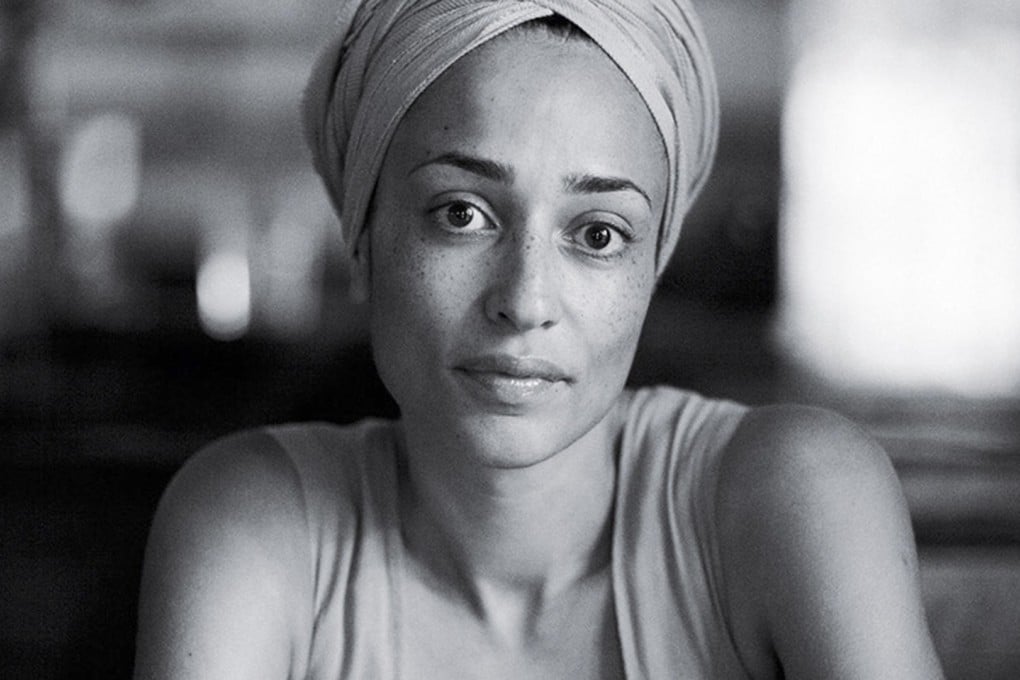Zadie Smith, amusing and penetrating, on the way we live now
The only fierce thing about award-winning British author Zadie Smith is her intelligence

There's something about interviewing Zadie Smith that brings to mind Little Red Riding Hood's reaction when she finds the wolf in bed dressed as her grandmother.
You know the line - "What big eyes you have!" And you know the wolf's response: "All the better to see you with, my dear."
Not that there's anything particularly fierce about the woman on the other end of the phone - nothing, that is, except her intelligence. Smith is so coolly observant, so amusing and penetrating, so adept at pinpointing things that the rest of us miss that it's not hard to feel a bit off balance while simultaneously being drawn closer.
That's apparent when Smith is chatting about tastes in interior design. ("A lot of American decor choices are quite incomprehensible to me. For instance, Americans seem to quite like curtains and cushion covers. There's some strange excess.")
And it's apparent when Smith, 40, tackles intractable social ills. "The American idea of freedom is that you can become successful all by yourself, but that's not really true," she says. "I was made by institutions and other people, and it's important that these institutions remain as open as they can. The fact that a child can be doomed to a second-rate education because of where he is born is a horror to me. So is the notion that someone can buy himself a better education."
